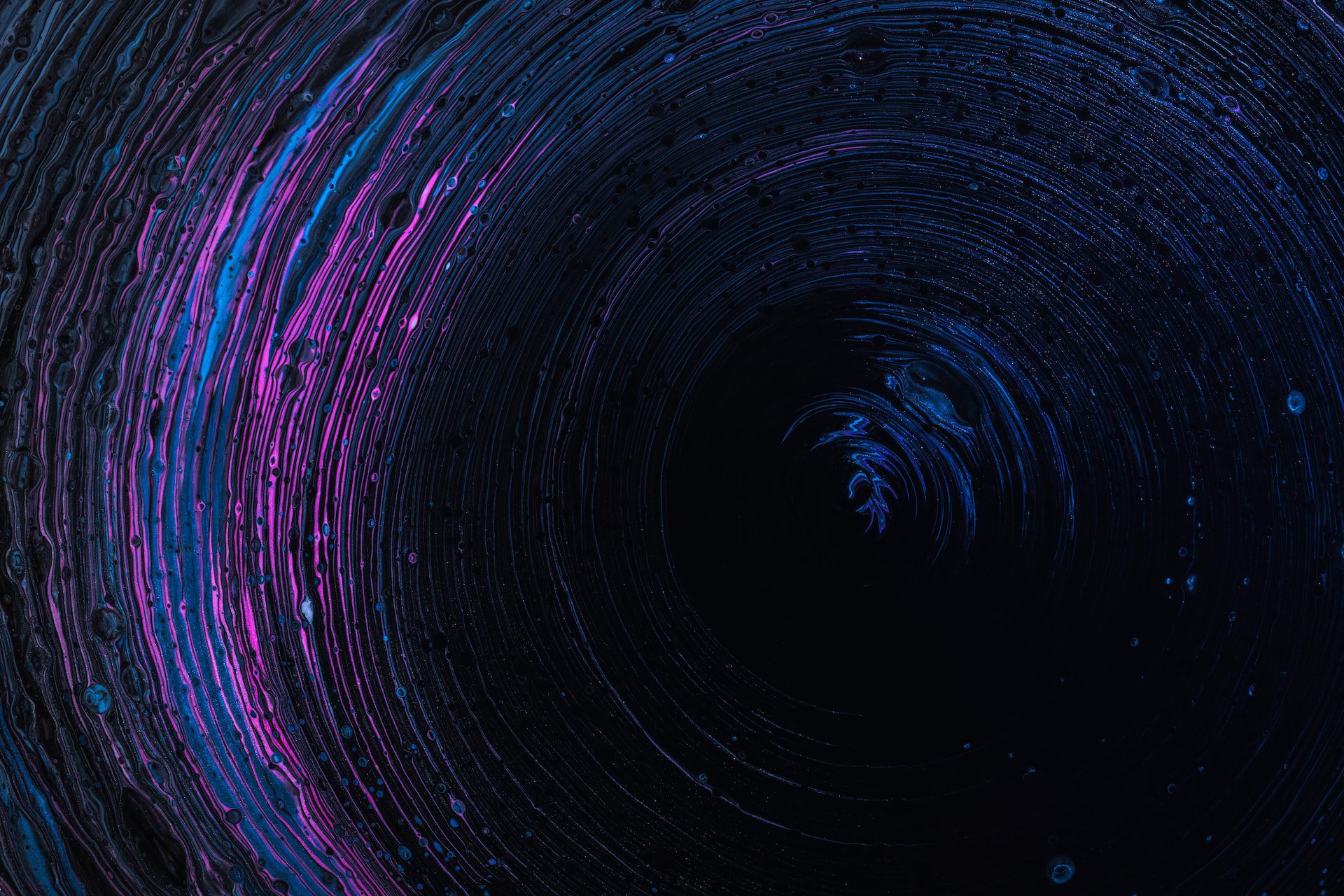
Jablonowski to Speak at Michigan Institute for Computational Discovery and Engineering Symposium
Prof. Christiane Jablonowski will present at the Michigan Institute for Computational Discovery and Engineering Annual Symposium in March.

Prof. Christiane Jablonowski will present at the Michigan Institute for Computational Discovery and Engineering Annual Symposium in March.
U-M Climate and Space Professor Christiane Jablonowski, Ph.D., will speak at the Michigan Institute for Computational Discovery and Engineering (MICDE) Annual Symposium on March 24, 2023 at the Rackham Amphitheater.
Held on U-M’s Central Campus, this year’s event will address emerging and future paradigms in high performance scientific computing. The presentations for the symposium include:
The symposium will also include a poster session highlighting notable computational work from U-M researchers and students.
More information about the Michigan Institute for Computational Discovery and Engineering (MICDE) Annual Symposium is available on the MICDE website.